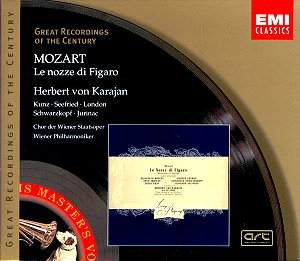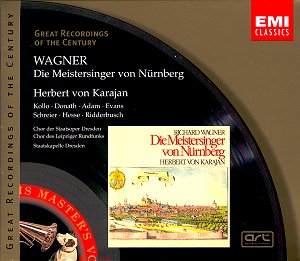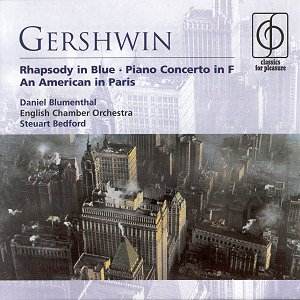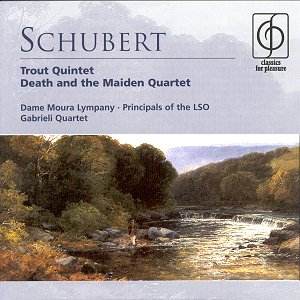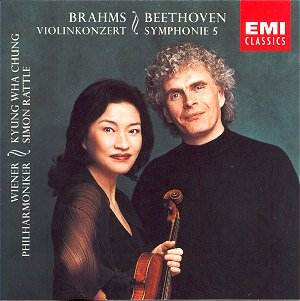 Composer: Johannes Brahms
Composer: Johannes Brahms
Works: Violin Concerto in D Major, Op. 77; Ludwig van Beethoven, Symphony No. 5 in C Minor, Op. 67
Performers: Kyung Wha Chung (violin), Vienna Philharmonic Orchestra, Simon Rattle
Recording: Live performance recorded in the Musikverein, Vienna, 1-2/11/00 and 18-20/12/00
Label: EMI
The juxtaposition of Brahms and Beethoven on this recording not only highlights the enduring legacy of these titans of the classical canon but also invites reflection on the interpretative nuances that have historically defined their music. Brahms, often regarded as the heir to Beethoven’s symphonic throne, imbues his Violin Concerto with a blend of lyricism and structural rigor that resonates deeply with the Romantic ethos. Meanwhile, Beethoven’s Fifth Symphony, a cornerstone of the orchestral repertoire, serves as a testament to the composer’s revolutionary spirit, where fate is famously knocked at the door with its iconic four-note motif.
Kyung Wha Chung’s interpretation of the Brahms Concerto stands as the most compelling aspect of this disc. Her approach is characterized by immaculate intonation and a sensitivity that allows the lyrical passages to soar while maintaining a robust dialogue with the orchestra. For instance, in the second movement, the Adagio, Chung’s phrasing is both tender and expansive, drawing the listener into the emotional core of the piece. Her ability to navigate the intricate passages with precision and poise is commendable, particularly in the cadenza, where her technical prowess is matched by an expressive depth that elevates the performance beyond mere execution.
Simon Rattle and the Vienna Philharmonic provide a solid orchestral backdrop, yet their interpretation of Beethoven’s Fifth is somewhat lackluster in comparison to the ensemble’s storied legacy. While the orchestra’s playing is technically proficient, it lacks the visceral intensity that one associates with great performances of this work. For example, the climactic transition to the first movement’s development section, which should erupt with dramatic urgency, feels somewhat restrained under Rattle’s direction. This interpretation pales in comparison to the electric vigor found in Carlos Kleiber’s legendary recording or the fierce clarity of Georg Solti’s earlier account, both of which capture the symphony’s inherent drama with far more distinction.
The recording quality deserves mention, as the digital sound engineering presents the performances in a well-balanced acoustic space, although it does not elevate the experience to the level of the most stellar live recordings. The resonance of the Musikverein is evident, providing a lush soundscape for the Brahms Concerto that complements Chung’s violin, yet the orchestral textures in the Beethoven feel somewhat flattened. This disparity in sound quality underscores the missed potential of what could have been a more vibrant pairing of performances.
The decision to couple these two works may stem from an intention to showcase the Vienna Philharmonic’s relationship with both composers, yet it ultimately feels like a missed opportunity. While Chung’s Brahms performance is indeed a worthy inclusion in her discography, the accompanying Beethoven does not measure up to the high standards set by previous interpretations. EMI’s choice to juxtapose these recordings, while perhaps reflective of marketing strategies, detracts from the individual integrity of each work’s presentation.
Kyung Wha Chung’s debut recording of the Brahms Violin Concerto is a significant achievement that merits attention, both for its artistry and for the emotional resonance she brings to the piece. However, the overall pairing with Rattle’s Beethoven Fifth serves more as a reminder of the extraordinary heights achieved in earlier interpretations than as a definitive statement of the orchestra’s capabilities. The disc, while enjoyable, ultimately leaves one yearning for a more compelling synthesis of these two monumental works.
